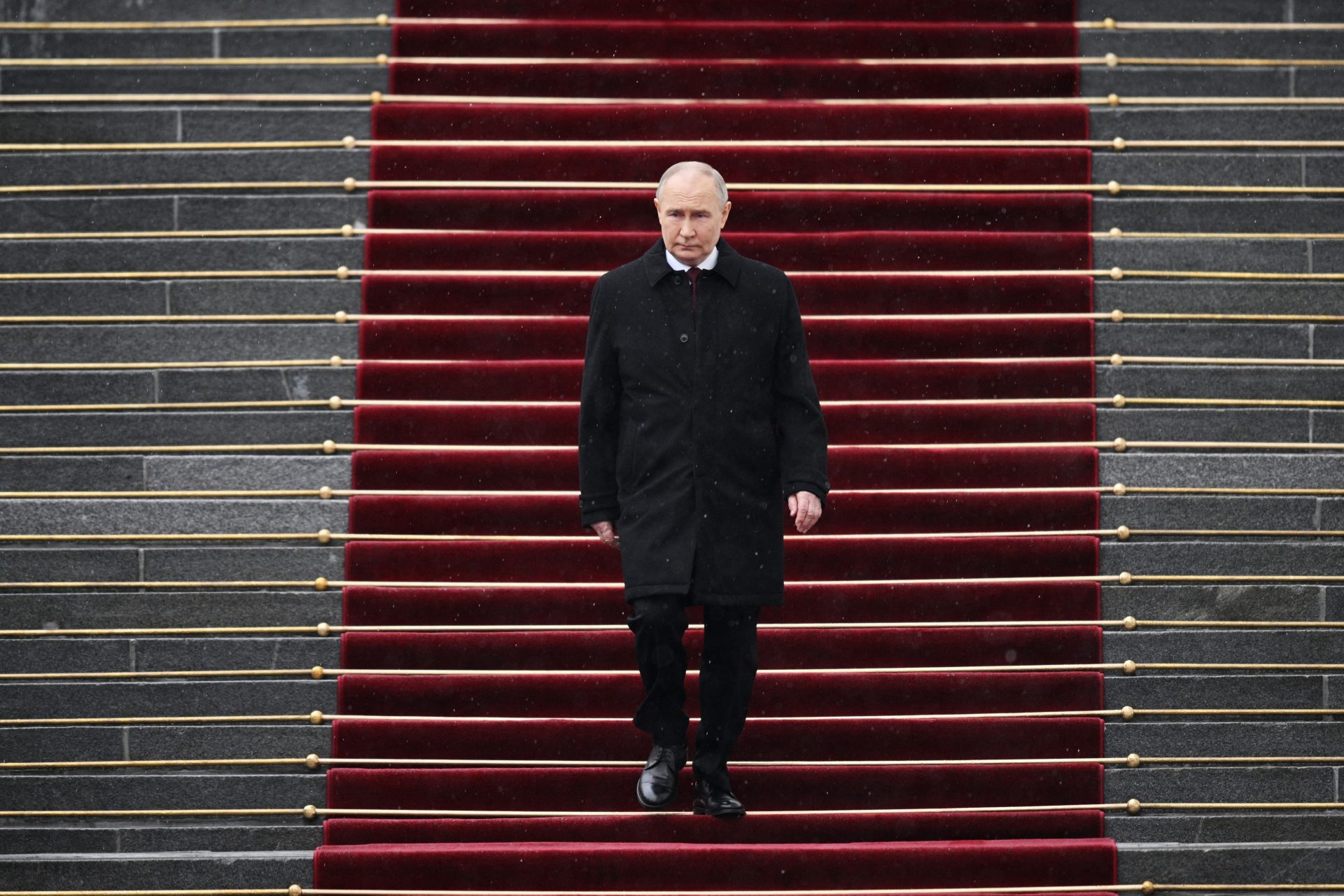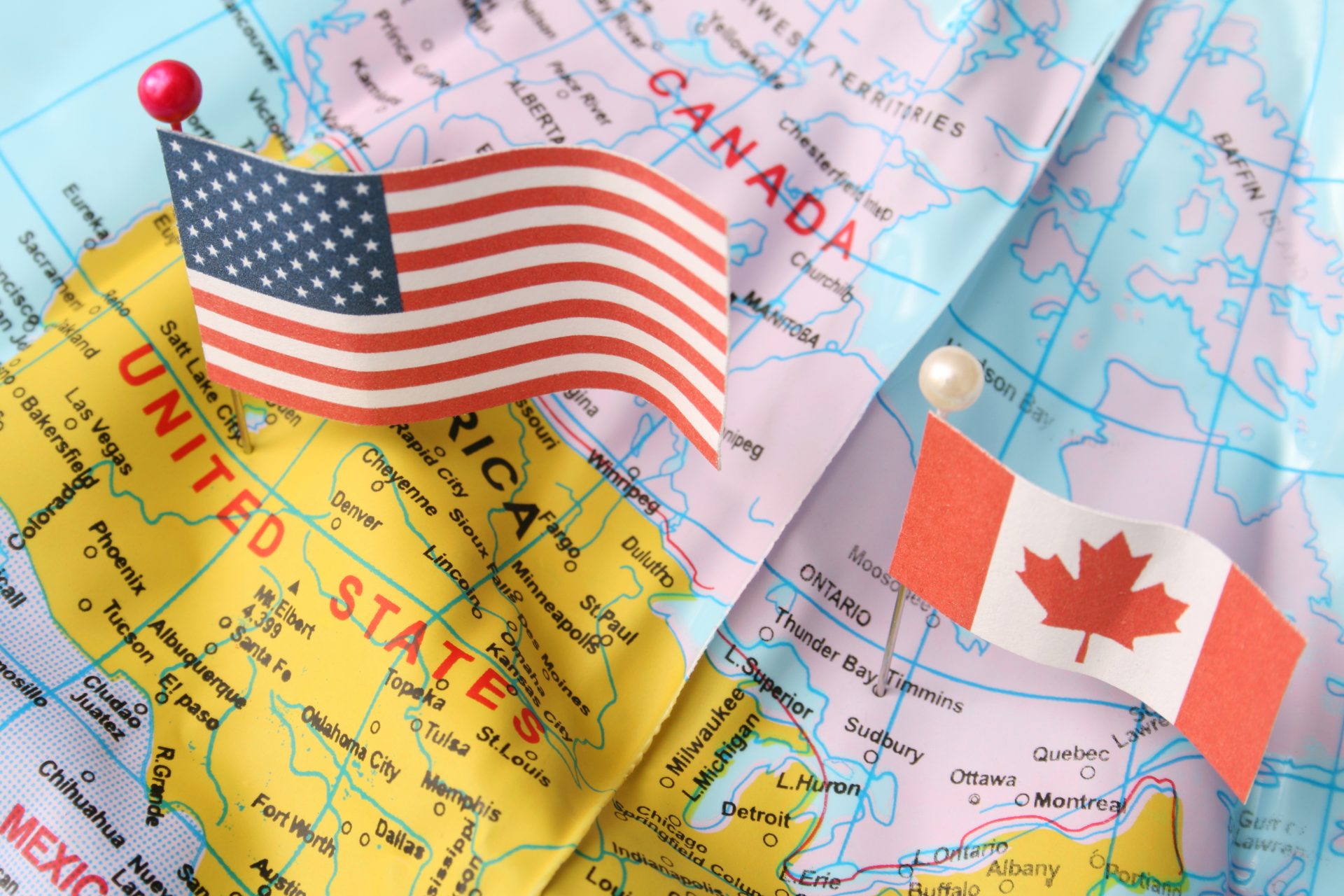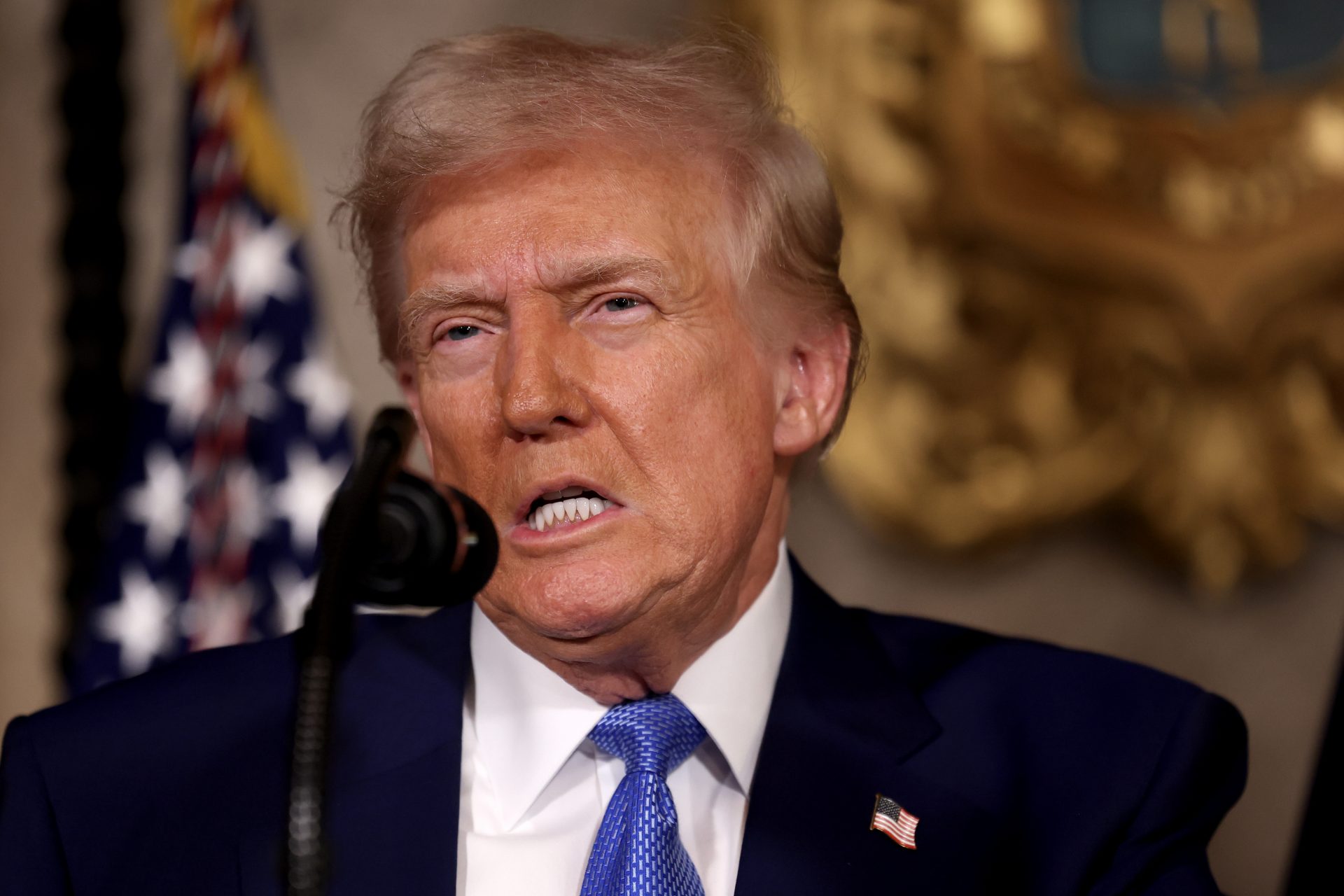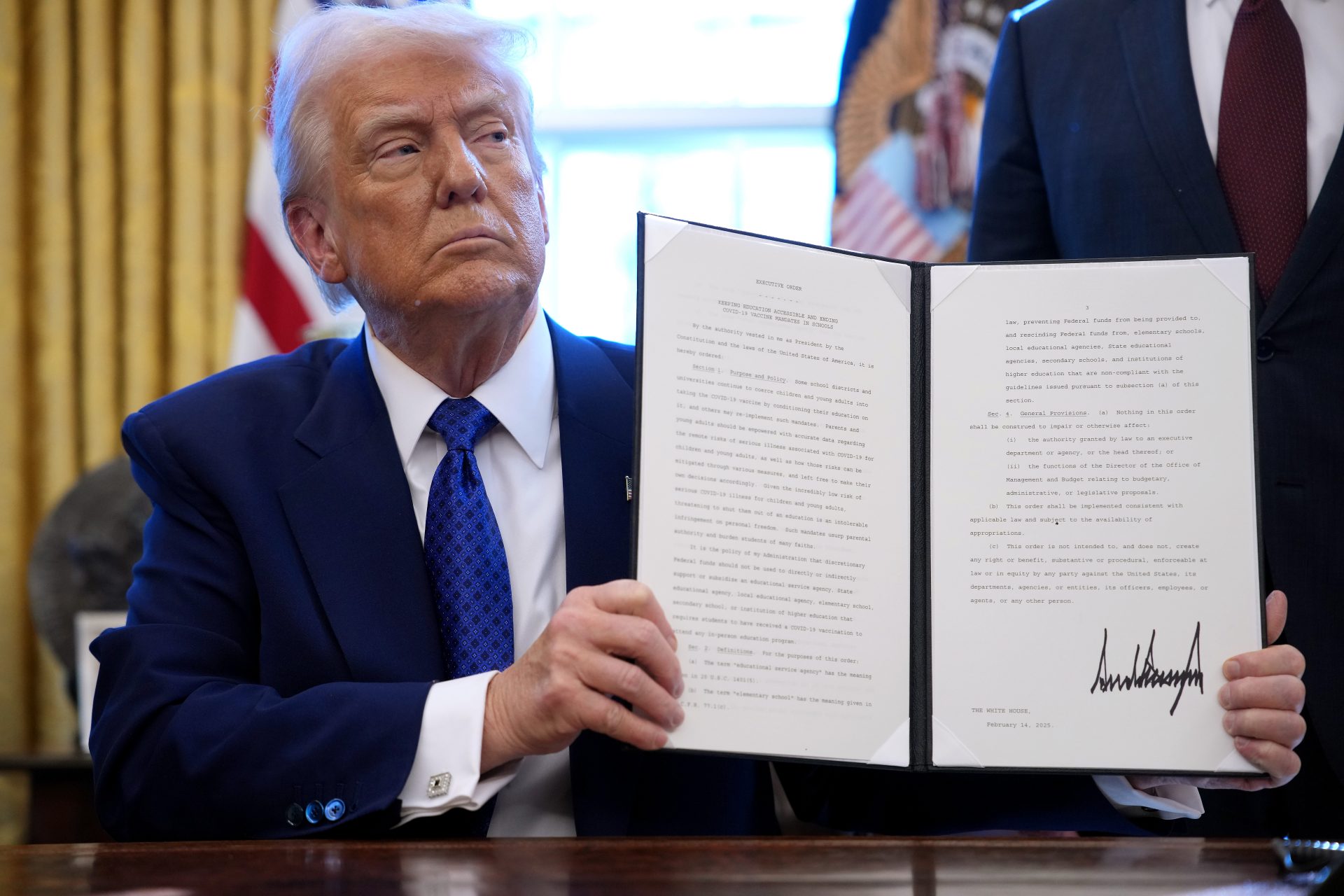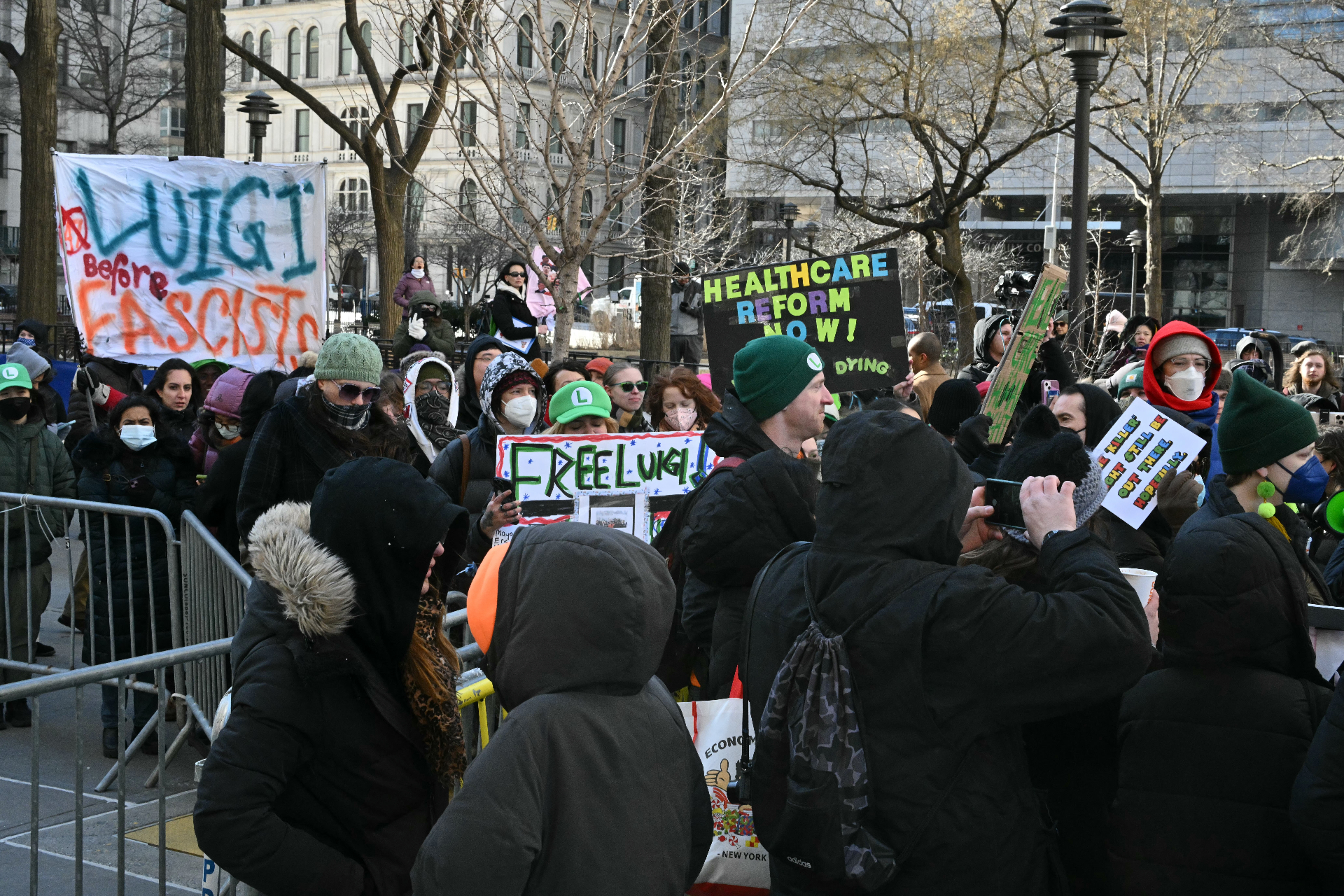21 years after 9/11: Where are Bush, Cheney, and Giuliani now?
What's happened to George W. Bush, the president who faced the worst terrorist attack in the history of the United States? And what about Rudy Giuliani, mayor of New York and a sudden icon of the civic response to this horror? Where was the current U.S. President, Joe Biden, at the time? And what happened to the terrorists who survived the attacks? We answer all these questions.
George W. Bush was harshly criticized for going missing for hours while his country shook with terror at the attacks. He'd gotten on a plane and was soaring through the American sky until, at night, he appeared and spoke to his fellow citizens. More than one analyst claimed they failed to see in Bush that typical courage of a commander-in-chief that they had seen in other presidents like Roosevelt or Kennedy.
George W. Bush declared the "war on terror" in an address to the nation on September 20. His foreign policy led to the wars in Afghanistan and Iraq, both with questionable results. Once retired from the presidency, Bush began a placid life as a former president in his native Texas. During a May 2022 speech gaffe, he accidentally described the Iraq Invasion as 'unjustified'.
Rudy Giuliani, Republican mayor of New York during 9/11, led an emergency situation in which, as we have said, George W. Bush was conspicuous by his absence. Over the years, Giuliani turned from an emblematic hero into Trump's lawyer and political servant. Having denounced the war on democracy by Al Qaeda in 2001, he now attacked the elections for having been 'stolen' and demanded they be annulled.
His defence of Trump, no matter what, his alleged financial problems, and an embarrassing prank by comedian Sacha Baron Cohen, were some of the elements that made Giuliani go from hero to zero.
More recently, Giuliani's alleged involvement in the January 6 Congress Attack and claims that the former New York mayor tried to manipulate electoral results in Georgia, means that facing criminal charges is not out of the question.
The terrorists who hijacked the flights for the 9/11 attacks were killed, but intelligence services managed to capture eight Al Qaeda militants who had helped prepare the attacks or were working on new ones. In 2006, a federal jury rejected the death penalty for the captured terrorists and sentenced them to life in prison without the possibility of parole.
Joe Biden was a veteran senator at the time of the 9/11 attacks. He was 58 years old and considered a Democratic Party expert on international issues. In fact, Biden was chairman of the Senate Foreign Affairs Committee at the time. In this capacity, he supported Bush in his decision to attack Afghanistan (and later Iraq).
Biden would come to regret both decisions and, as fate would have it, he'd be the president in command to clean up the messy American presence in Afghanistan that the Bush administration had caused twenty years earlier.
The mastermind of the attack on the United States, Al Qaeda leader Osama Bin Laden, was in Afghanistan when George W. Bush ordered his capture. He managed to escape intelligence forces and was not found until May 2011.
When American troops traced him, Osama Bin Laden was in Pakistan, close to the Afghan caves where he had been tracked before. In a nightly attack, called Operation Gerónimo and overseen by President Barack Obama, American army forces killed Bin Laden. His body, according to some information, was thrown into the sea.
At the time of the 9/11 attack, Afghanistan was under the power of the Taliban. Their leader was the mysterious Mullah Omar, of whom there are hardly any images or biographical information. As he had sheltered Bin Laden, Omar instantly became one of the most wanted men by the United States.
Mullah Omar managed to flee from the US troops and allegedly took refuge in Pakistan. There he was reportedly shot and killed in 2011. During the war in Afghanistan, the United States ousted the Taliban. However, twenty years after 9/11, the Taliban are back in power thanks to the withdrawal of American troops under the command of President Joe Biden.
9/11 pushed the United States into an escalation of war in which the role of General Colin Powell, Secretary of State under George W. Bush, was decisive. The controversial invasion of Iraq was defended by Colin Powell at the UN on the grounds of the alleged "weapons of mass destruction." They were supposedly under possession of Iraqi leader Saddam Hussein, but they never appeared.
Colin Powell was always a moderate Republican. The radicalization of his party caused him to support Barack Obama in the 2008 elections and Joe Biden in 2020. Having retired from public life, he passed away in October 2021 from the consequences of a COVID-19 infection.
The man on the phone is Richard Cheney, Vice President of the United States on the day of the attacks. The photo was taken during the hours in which he led a crisis cabinet while Bush was flying over America and hiding from possible attacks.
Suffering from health problems and now in his eighties, Cheney has retired from politics. His daughter, Liz, is a prominent Republican leader who heads the internal party opposition to Donald Trump.
According to President Bush, Donald Rumsfeld (his Secretary of Defence) was in the Pentagon at the time of the attack and ran around to help the wounded without contemplating the risk of a possible second attack.
Beyond that (alleged) display of physical courage, Rumsfeld stood out for his Machiavellian politics and his commitment to taking the "war on terror" to the extreme. This included the harsh treatment of prisoners and the creation of a legal no-man's-land in Guantanamo Bay.
Donald Rumsfeld died in 2021 without ever expressing any regrets for the foreign policy he promoted. By then, the wars in Afghanistan and Iraq had led to global imbalance. The sectarian violence within the area has not stopped either.
Amid hawks like Cheney or Donald Rumsfeld, Condoleezza Rice seemed to be the kind face. She was firm but moderate and a gifted speaker. Rice was a National Security Advisor on 9/11 and succeeded Colin Powell as Secretary of State.
Condoleezza Rice has admitted that the Bush Administration made mistakes in its response to the brutal 9/11 attacks. Even so, she claims to be proud of that stage because "after 9/11, every day was September 12, every day you thought about what could happen."
As for the central area of the attacks, New York, it made a full recovery. Lower Manhattan reinvented itself in the place where the towers had fallen, and the city's skyline continued to glow proudly in the night.
(Image: Mark Boss / Unsplash)
More for you
Top Stories


























